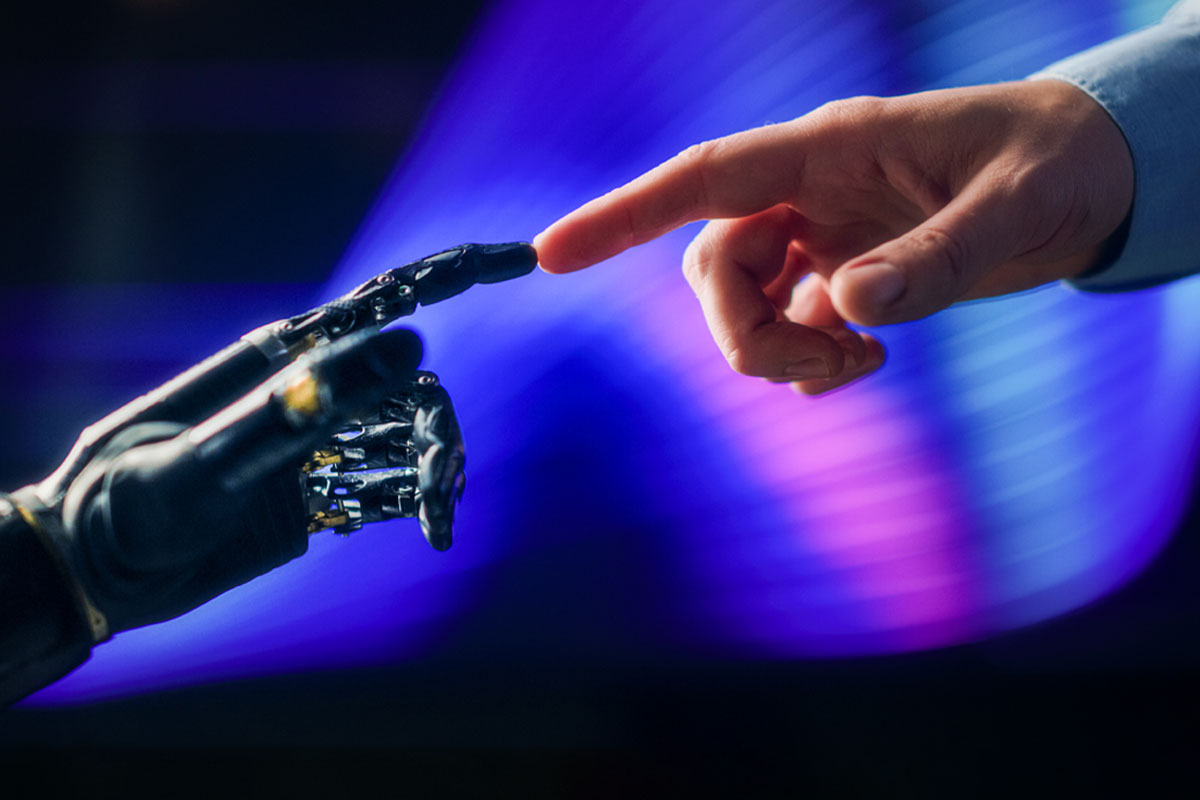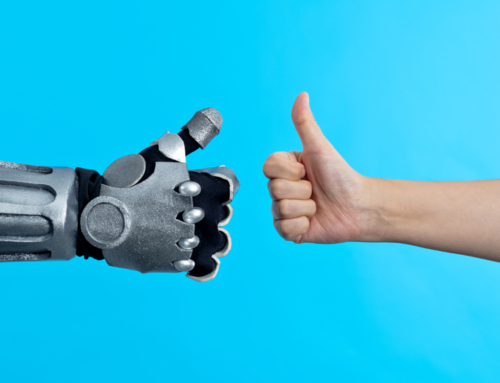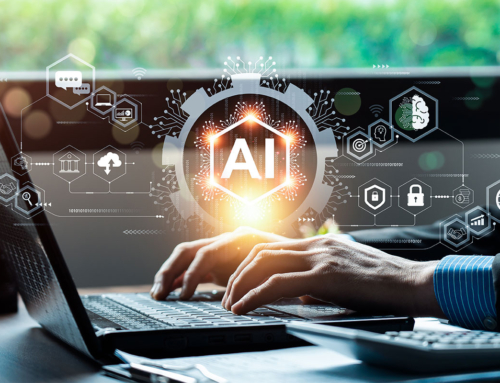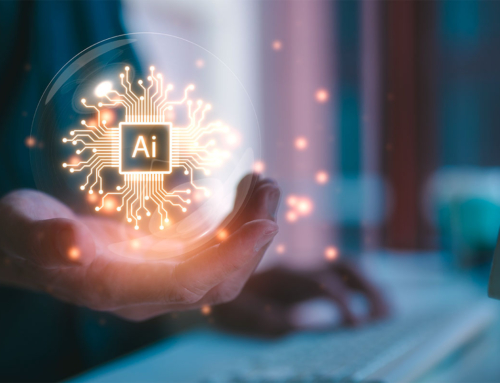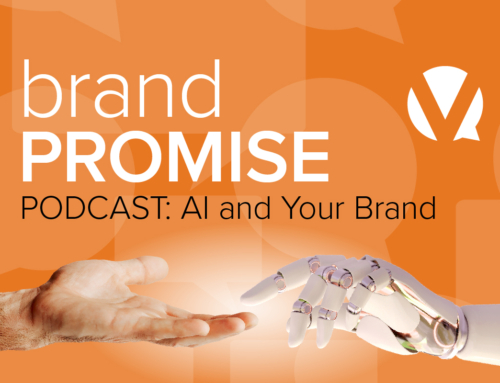In a recent Vehr Communications’ Brand Promise podcast, BrandRank.AI founder and CEO, Pete Blackshaw, asserted that the information-sharing impact of AI on society is bigger than that of the introduction of the Gutenberg Press in 1440.
Wait! What? Wow!
That claim fascinates me. So, I asked ChatGPT 4.0 for a comparison and it generated it in eight areas. I found the response meaningful and interesting in most areas and speculative but compelling in others.
The following list, after some prompt modifications by me to improve the response, was AI-generated and has been edited by me for context, style and brevity.
- Revolutionizing Information Dissemination
- Gutenberg Press: The printing press made written material more accessible enabling the spread of knowledge, ideas and literacy.
- AI: AI is revolutionizing how information is processed, analyzed and disseminated, making data and insights more accessible and actionable.
- Democratization of Knowledge
- Gutenberg Press: By making books more widely available, the printing press democratized knowledge allowing more people to learn and access information.
- AI: AI democratizes knowledge by providing powerful tools for data analysis, educational resources and personalized learning experiences, making advanced knowledge more accessible.
- Economic and Social Impact
- Gutenberg Press: The press contributed to the rise of the Renaissance by enabling the rapid spread of new ideas and knowledge.
- AI: AI is driving significant economic and social changes by fostering innovation in multiple industries such as healthcare, finance, transportation and manufacturing.
- Disruption and Job Market Changes
- Gutenberg Press: The press led to changes in the job market and the rise of new professions such as printing and publishing.
- AI: AI is automating many tasks, leading to displacement in some sectors while creating new opportunities in others, such as AI development, data science and related fields.
- Acceleration of Scientific and Technological Progress
- Gutenberg Press: Enabling the wide dissemination of scientific works, the press accelerated scientific and technological progress.
- AI: AI accelerates innovation by processing vast amounts of data, identifying patterns and providing new insights that would be difficult for humans to achieve alone.
- Ethical and Societal Challenges
- Gutenberg Press: The widespread availability of printed material raised concerns about censorship, misinformation and the control of information.
- AI: The rise of AI brings ethical and societal challenges, including concerns about privacy, bias, the control of AI technologies and the potential for misuse.
- Cultural and Educational Transformation
- Gutenberg Press: The press transformed education and culture by making literary and scholarly works widely available, fostering intellectual growth.
- AI: AI is transforming education through personalized learning, intelligent tutoring systems and access to educational content, while also influencing culture through AI-generated art, music and literature.
- Global Impact
- Gutenberg Press: Increased accessibility to written materials because of the printing press had a global impact, influencing cultures and societies worldwide.
- AI: AI has a global impact, with applications and developments occurring around the world, influencing economies, cultures and international relations.
Generative AI is a game-changer for many industries, including marketing, public relations, communications and design. At Vehr Communications, we are embracing AI while also seeking to fully understand how to use it to improve the work we deliver for our clients.
Of course, the societal impact of the Gutenberg Press, no longer in commercial use because of other technological advancements, was dramatic and documented. Generative AI’s potential impact, while impressive and significant, still has a way to go to be fully appreciated and trusted.
In other words, time will tell if Pete was right.
